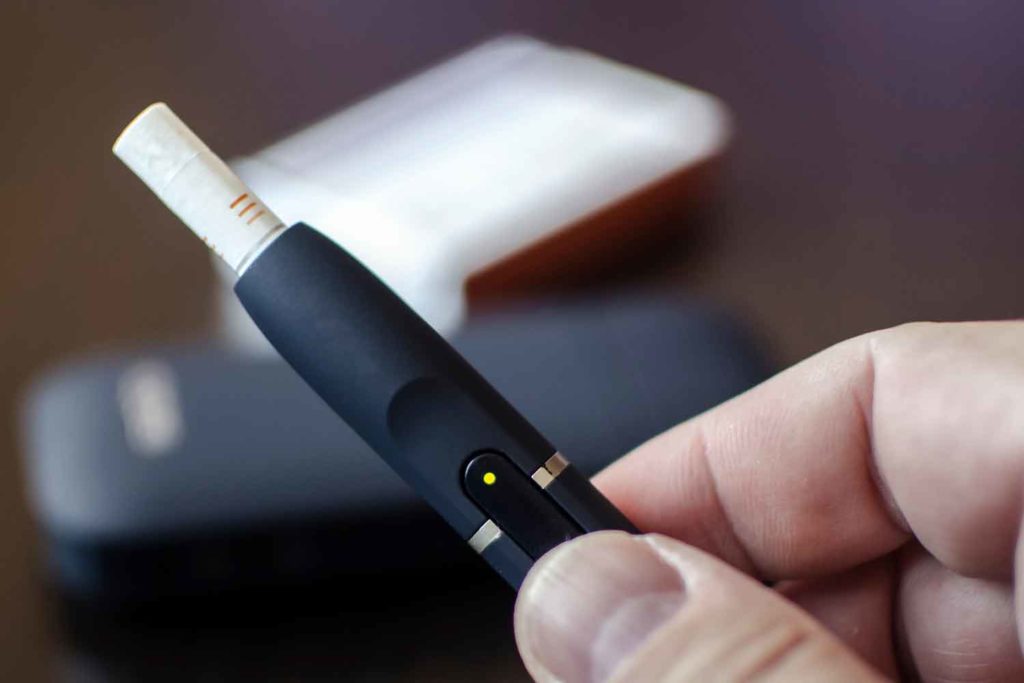‘Evidence on Heating Products Substandard’
- Featured heat-not-burn News This Week Science
- November 10, 2022
- 0
- 3 minutes read


The quality of evidence available about heated-tobacco products (HTPs) is substandard, and policymakers should be wary of claims made about their role in harm reduction, say the authors of a new study published in Tobacco Control.
HTPs have gained popularity in recent years, with proponents insisting they are less harmful to health than conventional cigarettes. However, researchers at the University of Bath argue that the evidence underpinning these claims is largely unrepresentative of real-world use and at high risk of bias.
In their analyses of 40 publicly available clinical trials for HTPs—29 of which were tobacco industry affiliated or funded—the researchers judged most of the available clinical trials “at high risk of bias” given their methodology and choice of study design.
The most common reason for studies being at high risk of bias was performance bias, whereby the interventions allocated were known to participants and those conducting tests. There was also failure to report all results data for all trial measurements, a shortcoming known as selective reporting bias.
The authors argue that presence of these biases compromises the validity of trials and can lead to overestimation of the effects of HTPs. They also identified further limitations within trials, including short durations, restrictive conditions unreflective of real-world circumstances and a lack of relevant comparators, like e-cigarettes.
Bath’s Tobacco Control Research Group says much more detailed, independent research is needed to assess the short-term and long-term health effects of HTPs.
In the meantime, they argue that consumers should be wary of harm reduction claims and that policymakers and regulators should carefully consider the usefulness of these trials when making decisions surrounding HTPs.
“Over recent years, we have seen great expansion in the heated-tobacco market in the U.K. and around the world. This growth has been predicated on a marketing claim that these products are better for health in comparison with traditional cigarettes,” said lead researcher Sophie Braznell from Bath’s Department for Health.
“Our analysis suggests that the picture is far less clear cut. The clinical trials available, which are used by the tobacco industry to substantiate these claims, were often substandard in terms of how studies were conducted and reported, and most were industry-affiliated in some way.
“As more consumers move away from cigarettes toward these new-generation products, we need much better evidence to assess their health impacts now and into the future. In the meantime, the jury is very much still out on their benefits.”
“These findings in relation to clinical trials for heated-tobacco products are significant and we need to be wary of health claims made,” added study co-author Gemma Taylor from the Addiction and Mental Health Group and Department of Psychology at the University of Bath.
“At the same time, though, it is important to note the clear distinction between ‘heated-tobacco products’ and ‘e-cigarettes.’ Consumers and health policymakers must not equate the potential benefits of e-cigarettes in helping people to quit smoking with heated-tobacco products.”